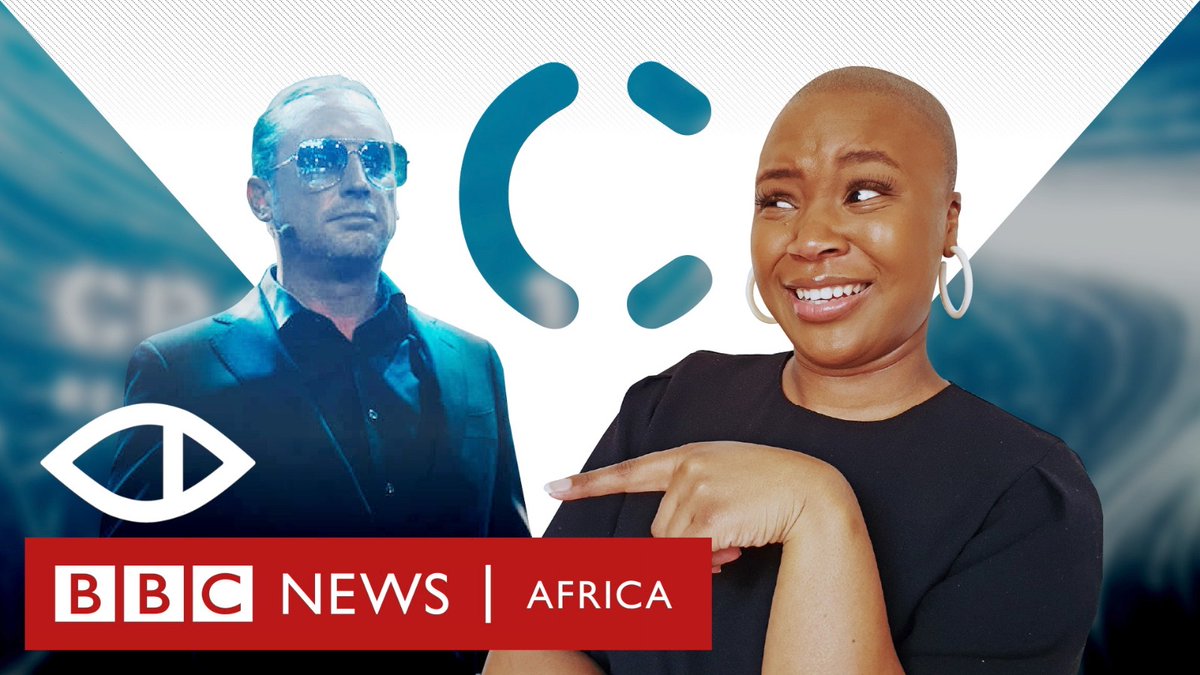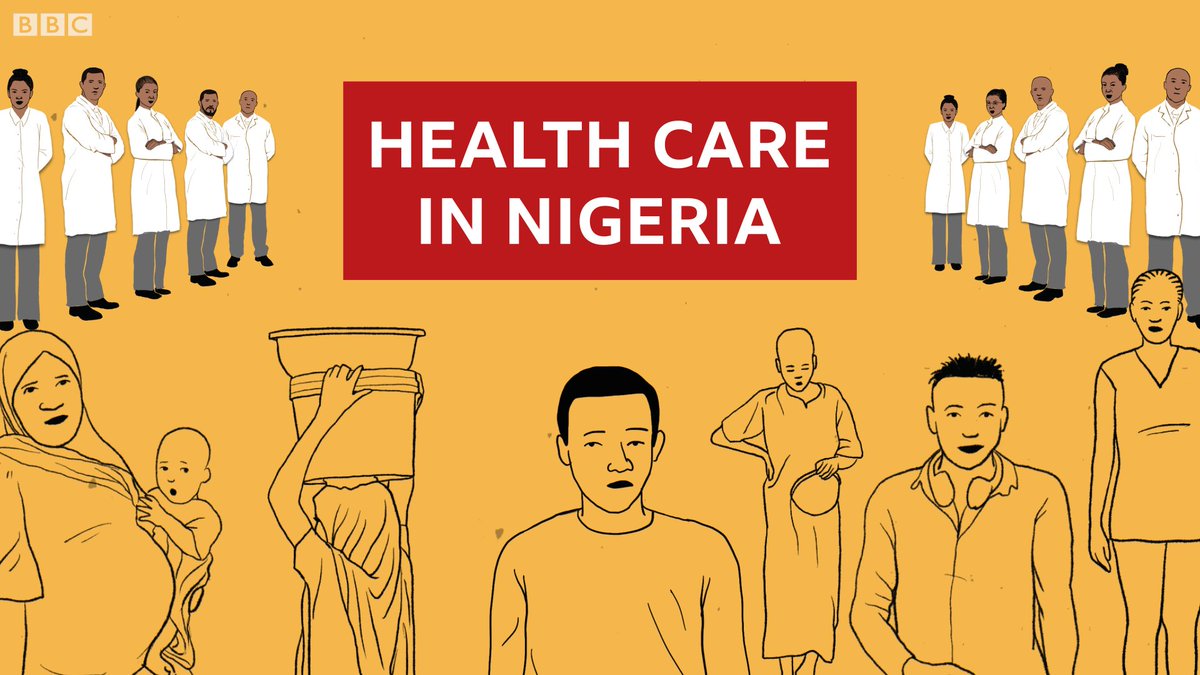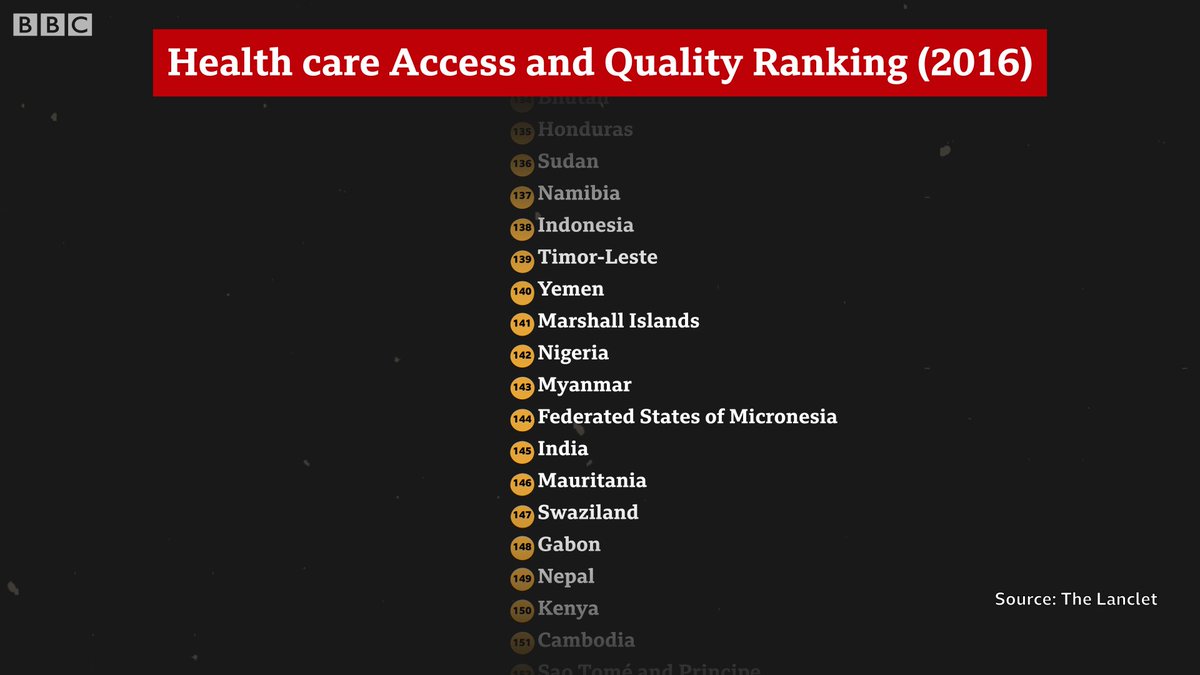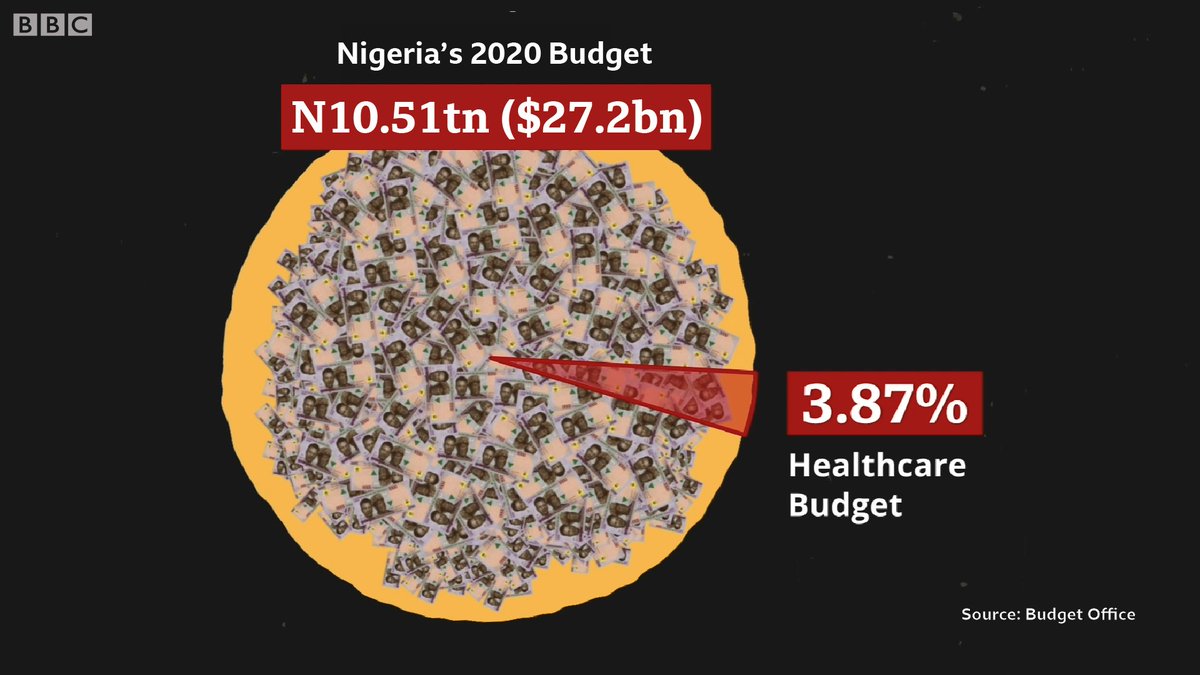
African countries are starting mass Covid vaccination drives using vaccines supplied through Covax, a scheme set up to share doses fairly with poorer nations. 💉
Follow this thread for updates on the countries that have started the vaccines drive. 👇
Follow this thread for updates on the countries that have started the vaccines drive. 👇
https://twitter.com/bbcworldservice/status/1361697337693900800
In Ivory Coast 🇨🇮 people began to queue at vaccination centres early on Monday for their first dose of the Oxford-AstraZeneca vaccine.
Ghana 🇬🇭 is also launching its vaccination drive this week. President @NAkufoAddo on Monday became the first to receive a coronavirus vaccine through the scheme. He urged people to get inoculated and not to believe conspiracy theories casting doubt on the programme.
The first vaccinations in Ivory Coast and Ghana this week are taking place ahead of a further distribution of 11 million doses to some of the countries signed up to the initiative, Covax said in a statement. bbc.co.uk/news/world-afr…
The first batch of about four million doses of the Oxford-AstraZeneca vaccine has arrived in Nigeria 🇳🇬, procured through Covax.
Nigeria is expecting a total of 16 million doses of the vaccine that will be delivered in batches over months.
Nigeria is expecting a total of 16 million doses of the vaccine that will be delivered in batches over months.

• • •
Missing some Tweet in this thread? You can try to
force a refresh







